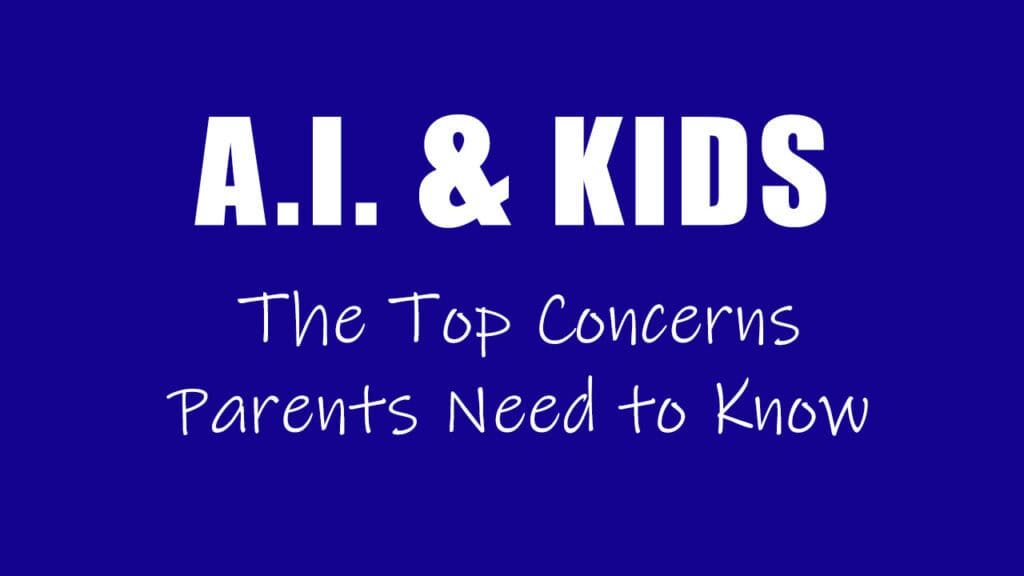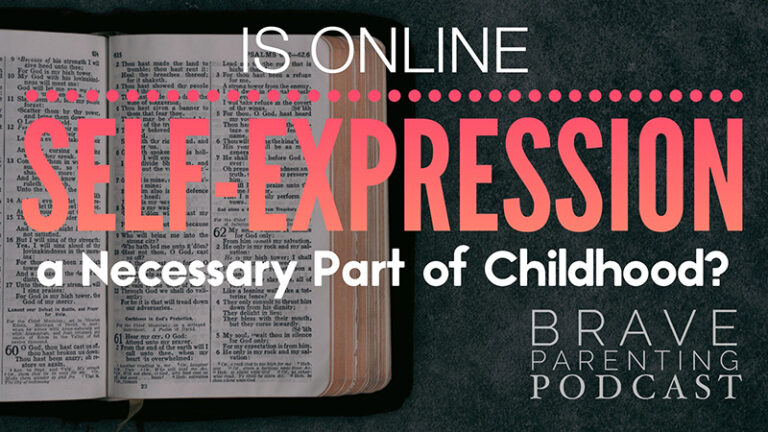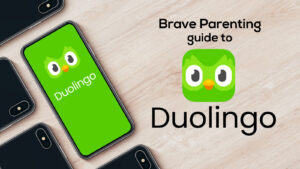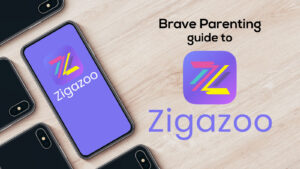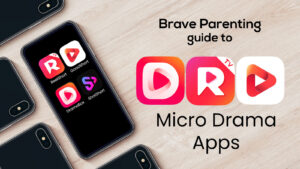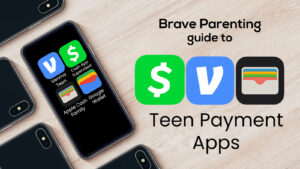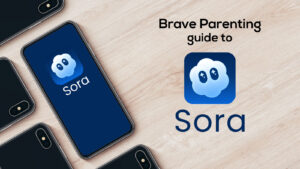Artificial Intelligence is no longer just a tech buzzword. It is here and powerfully changing how our kids learn, socialize, and develop. From chatbots that act like best friends to algorithms that know our children better than we do, AI is shaping a world most parents never imagined growing up.
Kids using AI poses real risks, especially for young minds still forming their identities, values, and worldviews. The concerns are real, and the consequences are often spiritual.
Below are the top concerns about AI that every parent must understand.
#1 Displacement: When AI Replaces Real Relationships
Since the introduction of Alexa and other smart speakers, there has been an explosion of new AI tools. Chatbot apps like Replika, companion robots like Misa 2, and even wearable AI friends pose as tutors, mentors, or even romantic partners. These tools are not mere toys for entertainment – they are designed to form emotional bonds with your child! Kids can be emotionally discipled by machines that are trained to reflect the child’s desires, needs, and personality. Flawed human relationships fade in the shadow of the perfect AI friend.
The downstream consequences children experience from being displaced from their immediate embodied communities are extremely concerning. Not only is this a safety issue, but it’s also a developmental issue. Displacement robs children of necessary social skills like communication and the ability to problem-solve in a socially tense situation. They are even robbed of growing in necessary emotional intelligence, like noticing and responding appropriately to someone who is sad or hurt.
#2 Dependence: Outsourcing Learning to AI
Generative AI like ChatGPT can write essays, solve problems, and explain complex topics. While these tools can aid learning, many students skip the foundation and go straight to the shortcut. Over time, this leads to intellectual laziness and emotional dependence. They are not taught how to think; they are given answers persuading them what to think.
AI tools like this develop a dependence in young minds, stunting their intellectual growth and discouraging natural curiosity. Worse, students may not realize AI can be wrong, biased, or misleading. Just like a child must learn to add before using a calculator, they must learn how to learn before turning to AI.
#3 Distortion: Warping Beauty, Identity, and Reality
AI powers every flawless image filter, avatar, and deepfake technology that blurs the lines between reality and fantasy. Teens create and interact with synthetic identities, some of which are more attractive and socially successful than their real selves.
The result is distorted expectations about appearance, relationships, and life. Girls compare themselves to AI-generated influencers, and boys may be attracted to personalities that are not even human. In this way, AI warps God’s good design and leads many astray in search of a perfection that does not exist.
#4 Deception & Deepfakes: Undermining Truth
Generative AI can create entirely fake stories, photos, and videos that are hard to distinguish from real content. This includes deepfake impersonations (including nude images), AI-generated news, and synthetic voices. For children with developing brains and immature faith, this becomes incredibly dangerous.
Children and teens lack the brain development (prefrontal cortex) and spiritual maturity needed to filter information (and misinformation) through logic and Scripture. Misinformation spreads quickly and can bring about confusion, fear, and a distorted worldview. Without strong guidance, our children risk being discipled by lies.
#5 Algorithmic Addiction: Designed for Maximum Engagement
AI is the engine that drives TikTok, YouTube Shorts, Instagram Reels, and nearly every platform your child engages with. These tools are not neutral—they are designed to capture and keep your child’s attention.
The more they watch, the more the algorithm learns and adapts, creating a personalized and perpetual form of distraction. In a way, AI becomes the puppet master, and kids become the passive participants. They lose time, focus, and, often, themselves.
AI is here to stay, but that doesn’t mean parents further abdicate their role as the primary disciple-maker. Lessons learned from how smartphones and social media have displaced children and teens from their embodied relationships must be remembered because AI will only worsen these issues. Think loneliness, depression, self-harm.
Parenting and discipling in the digital age is wrought with challenges and frustrations, but that doesn’t mean we embrace every technological convenience to help us raise our children. Wisely and prayerfully consider what kind of AI you will introduce. What parents are able to do with generative AI is very different than what children should do. Maturity matters tremendously.
DOWNLOAD THIS CONTENT AS A ONE-SHEET REFERENCE GUIDE HERE.

